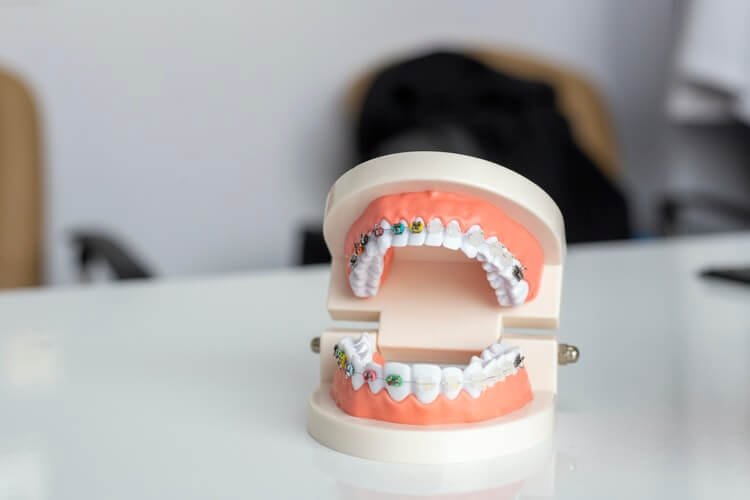By Eric Schoenebeck, DMD
When it comes to your teeth, periodontists don’t automatically want to remove decayed or injured teeth. We do a lot more than just dental implant surgery. As experts in the prevention, diagnosis and treatment of gum disease, our overarching first goal is to try to prevent tooth loss and preserve your natural teeth. Sometimes, as in the case of oral damage from a car accident, there’s not much we can do to save teeth. But when it comes to gum disease (also known as periodontal disease), there may be steps we can take to actually prevent the need for dentures or dental implants.
The Centers for Disease Control and Prevention (CDC) estimate that nearly one-half of all adults age 30 and over show signs of gum disease, which, if it becomes severe, is a leading cause of tooth loss. When left untreated, gum disease can spread to the jawbone and gum tissue, weakening the support for your teeth. By treating gum disease as early as possible, you may be able to promote new bone growth, repair damage and avoid the need to extract failing teeth.
Treating Gum Disease
Your teeth require healthy, supportive gum and jawbone tissue to protect your tooth roots. Even exposed roots from gum recession can lead not just to tooth decay and discoloration but eventual tooth loss. We’ll try to promptly treat your teeth and halt the progression of periodontal infection. By doing so, we may be able to prevent the need for further intervention and help keep your natural tooth or teeth in place. Using a variety of regenerative bone and gingival grafting procedures we may be able to stimulate bone growth and repair damaged areas, even when some bone loss has already occurred.
Smoking and Gum Disease
There are many causes of gum disease. But smoking is statistically proven to put you at greater risk. The CDC estimates that smokers have twice the risk of gum disease compared to nonsmokers. And the longer you smoke the greater your risk of gum disease. The CDC also maintain that treatments for gum disease may not work as well for people who smoke.
Periodontal Hygiene Maintenance
During your routine six-month dental maintenance visits with a regular dentist, a hygienist cleans the surfaces of your teeth, an important process. But periodontal hygiene maintenance takes the treatment a step further, going deeper into your gums. With processes like scaling (removing the upper level of toxin buildup from the gums) and root planing (in which the infected surface of the tooth roots are cleaned or “planed” to thwart new bacteria from being able to adhere) or even root surface debridement (an even deeper cleaning), periodontal hygienists, working under the direction of your periodontist, can help you save teeth that would, left untreated, otherwise require removal or simply fall out. For more severe cases, newer, state-of-the-art laser treatments (LANAP®) offer less invasive ways of treating periodontal disease with excellent patient outcomes, little to no discomfort and shorter healing times.
Periodontal Disease Has Medical Consequences
Inflammatory bacteria from gum disease have been linked to several serious systemic issues including respiratory diseases, diabetes, rheumatoid arthritis, stroke and heart disease. The CDC explains how “bacteria responsible for periodontitis (severe gum disease) can enter your bloodstream through infected gum tissue, possibly affecting other parts of your body.” Studies have shown that bacteria found in periodontitis has been found in the brain tissue of individuals with Alzheimer’s disease, suggesting the inflammatory link. There is even evidence that gum disease bacteria can be transmitted from a patient to other individuals.
Problems with Your Teeth? Don’t Despair!
If you are told you may lose a tooth due to gum disease or other oral health issues, don’t delay making that important appointment with a periodontist. We’ll assess the situation and try our hardest to preserve your teeth. If needed, we’ll take the necessary steps to prepare your mouth for a dental implant, which is arguably the next best option to your natural tooth.
Dr. Eric Schoenebeck is a board-certified periodontist who provides dental implant surgery and regenerative periodontal treatments at the Pennsylvania Center for Dental Implants and Periodontics. The practice has two locations, in NE Philadelphia and Ambler, Pennsylvania.

